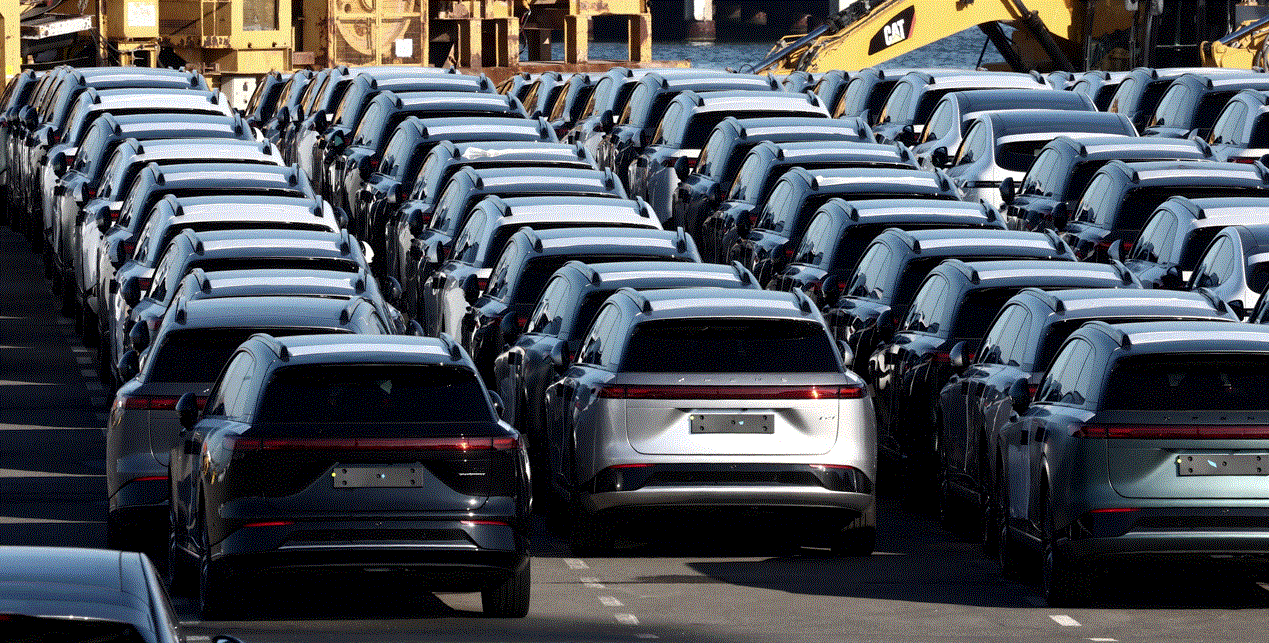BRUSSELS — The European Union (EU) has decided to raise taxes on electric vehicles (EVs) made in China, with tariffs reaching as high as 45.3%. This move follows a major investigation that has caused disagreements within Europe and prompted reactions from China.
After starting its investigation a year ago, the European Commission announced new tariffs that will add to the standard 10% tax on car imports. These new taxes will range from 7.8% for Tesla to 35.3% for the Chinese company SAIC.
These tariffs are aimed at addressing what the EU calls unfair support given to Chinese carmakers, like special funding and discounts on land and materials. The EU believes that China produces twice as many EVs as the EU needs, and many of these cars might be sold in Europe since the U.S. and Canada have high tariffs on them.
China has criticized the EU’s new tariffs as unfair and damaging to trade relations. In response, it has started investigating imports of European goods like brandy, dairy, and pork.
European carmakers are worried about the increasing number of cheaper EVs from China. The EU estimates that the market share of Chinese brands in Europe has grown from less than 1% in 2019 to 8% today and could reach 15% by 2025. These cars are often priced about 20% lower than European-made cars.
The EU’s approach to China has become tougher in recent years. While it sees China as a potential partner, it also views it as a competitor. However, EU countries are divided on the issue of tariffs. Germany, which is the largest economy in the EU and home to many car manufacturers, opposed the tariffs in a recent vote.
Germany’s government has expressed support for finding diplomatic solutions to ease trade tensions and protect its car industry. German car companies are particularly concerned about the new measures, especially since they might face higher taxes on their gasoline cars as well.
Hungarian Prime Minister Viktor Orban warned that the EU could be entering an “economic cold war” with China. On the other hand, France’s automotive association supported the tariffs, saying they believe in fair trade.
The EU has had several rounds of talks with China to find a solution other than tariffs. They are discussing possible price agreements for imported cars and have planned more meetings, although there are still significant disagreements.
It’s unclear how these new tariffs will affect car prices for consumers, as some companies might be able to absorb the costs.
In the first part of 2024, China’s EV exports to the EU dropped by 7%, but they increased by over a third in August and September before the tariffs were announced, according to data from the China Passenger Car Association.
















